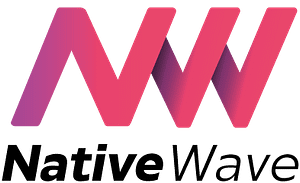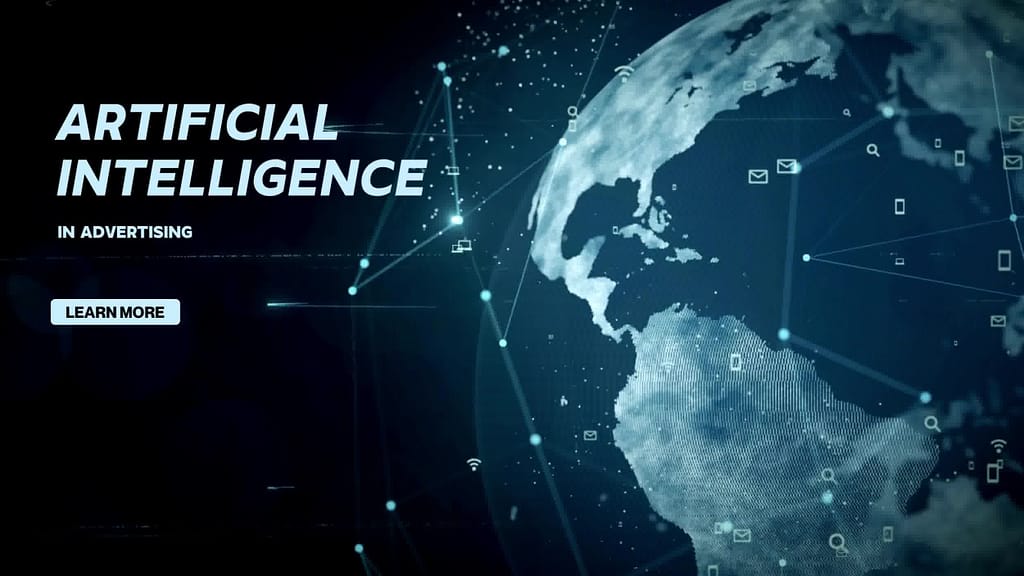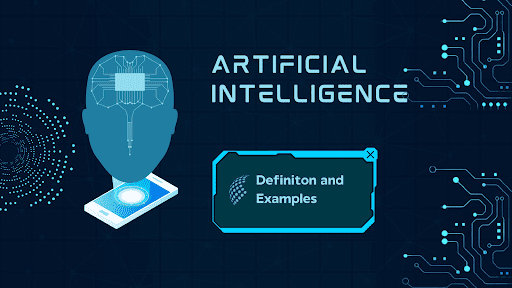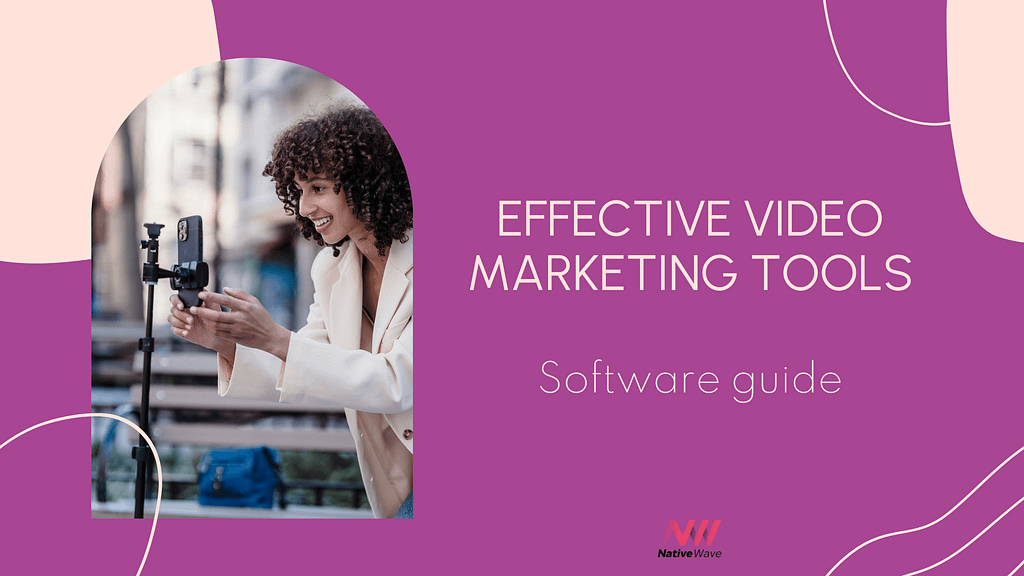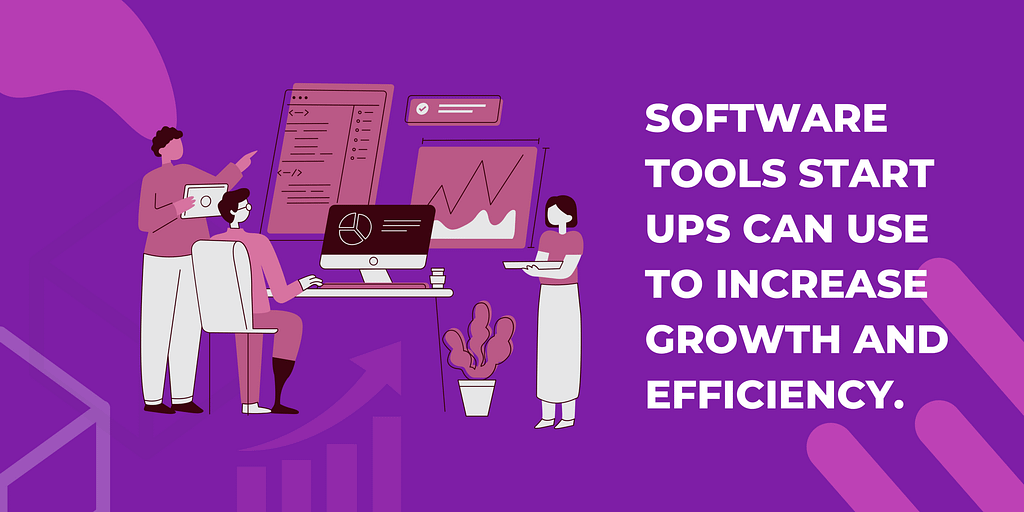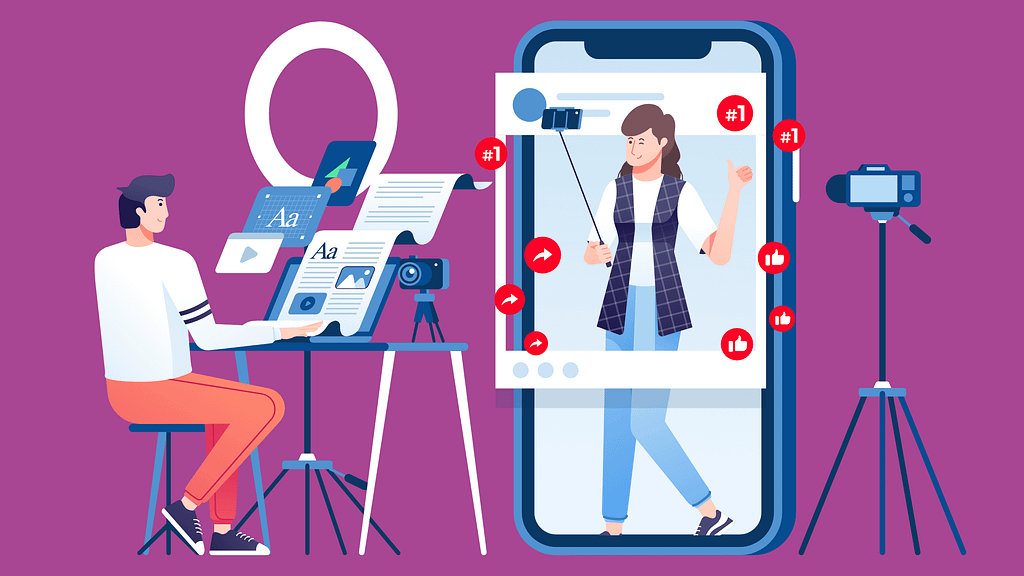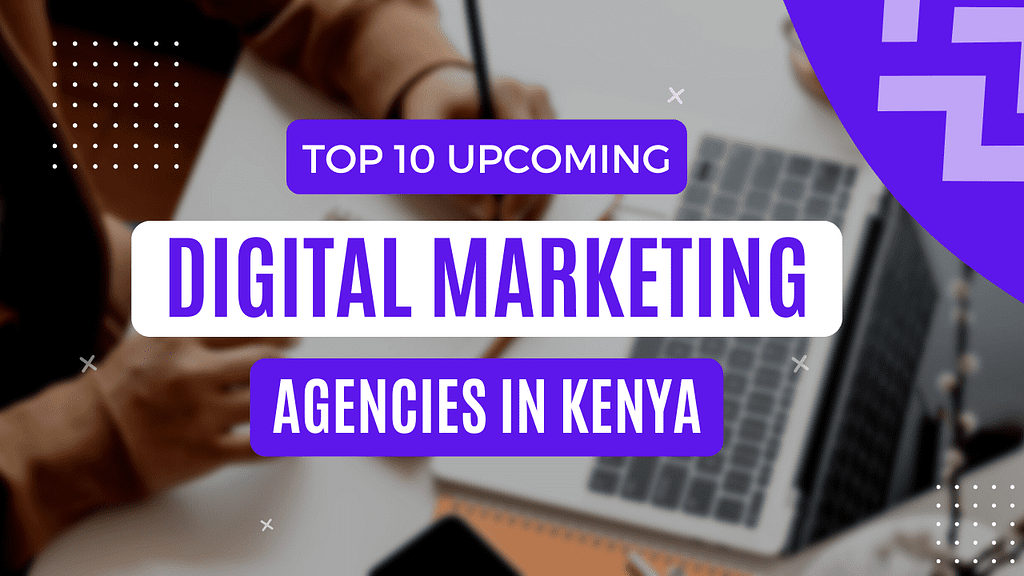The Future of Content Creation: How Natural Language Generation is Revolutionizing Marketing.
7 Min The Future of Content Creation: How Natural Language Generation is Revolutionizing Marketing. Written By Erick Kung’u Date 13 Apr 2023 Facebook native.wav3 Instagram native.wav3 LinkedIn native-wave Date 20 Apr 2023 Facebook native.wav3 Instagram native.wav3 LinkedIn native-wave In the digital age, content creation has become an essential part of marketing. However, creating fresh, engaging content is a time-consuming and expensive process. This is where Natural Language Generation (NLG) comes in. NLG is a technology that uses artificial intelligence (AI) to create written content automatically. It is a game-changer for content marketers who are looking to create high-quality content at scale. NLG is transforming how companies produce content by taking the burden off of human writers and giving them more time to focus on other tasks. In this post, we will explore the exciting future of content creation and how NLG is revolutionizing marketing. We will discuss what NLG is, how it works, and why it’s a game-changer for content marketing. Introduction to the Concept of Natural Language Generation Natural Language Generation (NLG) is a technology that is transforming the world of content creation. It is advanced software that uses machine learning and artificial intelligence algorithms to produce human-like language. It can read and analyze data, and then create written content such as reports, articles, and even social media posts. With this technology, content creators can produce high-quality content in a fraction of the time it would take to do it manually. NLG is already being used by many businesses to create content that is tailored to their audiences, and it is proving to be a game-changer in the world of marketing. One of the biggest advantages of NLG is the consistency and accuracy it brings to content creation. With manual writing, human errors are inevitable, but NLG eliminates the risk of errors altogether. It can also generate content in multiple languages which is ideal for businesses that operate in different regions. Moreover, NLG allows for content customization according to different target audiences. You can input parameters such as tone, style, and format to match your brand’s voice and target audience preferences. This makes it possible to create content that resonates with your audience on a deeper level. In conclusion, Natural Language Generation is a technology that is revolutionizing content creation. It offers many benefits to businesses that want to create high-quality content in a cost-effective and efficient way. As technology advances, NLG will become an even more integral part of content creation and marketing. The impact of NLG on content creation for businesses The impact of Natural Language Generation (NLG) on content creation for businesses is nothing short of revolutionary. With the ability to produce human-like writing at a scale and speed never before imagined, NLG is quickly becoming an indispensable tool for marketers, content creators, and businesses alike. Through the use of advanced algorithms and machine learning, NLG technology can analyze vast amounts of data and turn it into insightful, engaging content that speaks directly to the needs and preferences of consumers. One of the critical benefits of NLG is that it allows businesses to create personalized content at scale. By analyzing customer data, NLG software can generate tailored content that is specific to each customer’s interests and needs. This level of personalization not only helps to improve engagement and conversion rates but also helps to build brand trust and loyalty. Another key benefit of NLG is its ability to quickly and efficiently produce high-quality content. With NLG, businesses can produce a large volume of content in a fraction of the time it would take a human writer to produce the same amount. This not only saves time and money but also allows businesses to be agile and responsive to changing market trends and consumer preferences. In short, the impact of NLG on content creation for businesses is immense, and it is set to revolutionize the way that we create and consume content in the future. As NLG technology continues to evolve and improve, we can expect to see even more exciting developments in this field. How NLG is revolutionizing the way we approach marketing Natural Language Generation (NLG) is revolutionizing the way we approach marketing by automating the content creation process. With NLG, marketers can generate content that is not only accurate and informative but also personalized and engaging. NLG uses artificial intelligence (AI) algorithms to analyze data and generate human-like text in real-time. This technology is already being used by businesses to create product descriptions, news articles, financial reports, and even social media posts. One of the critical benefits of NLG is its ability to generate personalized content at scale. By analyzing customer data, NLG can create content that is tailored to specific audiences, increasing engagement and driving conversions. Another benefit of NLG is its speed and efficiency. With NLG, marketers can create content in real time, reducing the time and cost associated with traditional content creation methods. Overall, NLG is transforming the way we approach marketing by offering a more efficient and personalized way to create content. As this technology continues to evolve, we can expect to see even more innovative and creative marketing strategies. Examples of companies successfully using NLG in content creation There are numerous examples of companies successfully implementing natural language generation (NLG) in their content creation process. One of the most notable examples is the Associated Press (AP), a news agency that has been using Automated Insights’ Wordsmith platform since 2014 to generate thousands of earnings reports each quarter. The platform has allowed AP to produce comprehensive reports in a fraction of the time it would have taken journalists to write them manually. Another company that has successfully implemented NLG is Yahoo. The company’s fantasy sports platform utilizes the technology to generate personalized recaps of users’ weekly matchups. The recaps include a summary of the team’s performance, insights on individual player performance, and suggestions for future roster changes. This has not only saved Yahoo time and resources but has also
